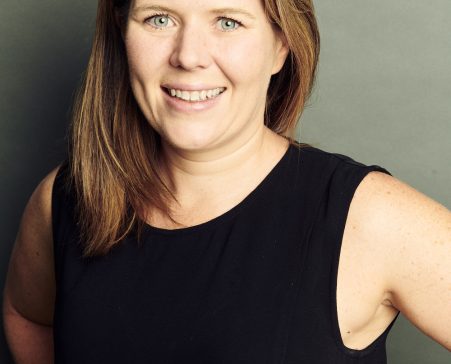Diversity of Thought Blog
One woman’s experience: a reflection on women in the workforce after having children
I’m a post-graduate tertiary educated woman in my thirties with over 10 years experience at two very well known large corporates. I have enjoyed an amazing career to date having received incredible development opportunities on talent programs and an accelerated career in comparison with my peers. I have always been in a very fortunate position of being able to be selective in what I would like to do in my career and have been hand picked or put forward for a number of roles.
In my late twenties and early thirties, my husband and I had our two beautiful children and I commenced part time work. My career was not impacted by our personal choice until I found myself on the market looking for a role. This experience can only be explained as a slap in the face. What seems to be abundantly clear to me is that a woman with children wanting part time employment is akin to being an under-performer. I have become untouchable.
Recruiters have been very honest in saying they are unable to help. Part time roles don’t come to them. If they do, employers know they can get someone at a $50,000 discount as there are so many incredible women looking for a part time role. I have been told by industry professionals that part time just doesn’t work and women with children are just away all the time with sick kids. Are we really living in 2013?
I am writing this anonymously as I am sadly aware that by sharing my experience, my personal brand will be impacted. I fear that by sharing my name, people who haven’t personally had this experience, may assume that there must be another reason why she can’t find a role. I can assure you, as I have been told, if I were looking for a full time role, I would be in a position of being selective once again. I have always been an optimist, it’s who I am. I know this experience will pass, however, when we say we want true equality for women in leadership positions, why does this have to be so hard?
The 100 Percent Project’s symposium next month is an ideal way to engage in this debate.

